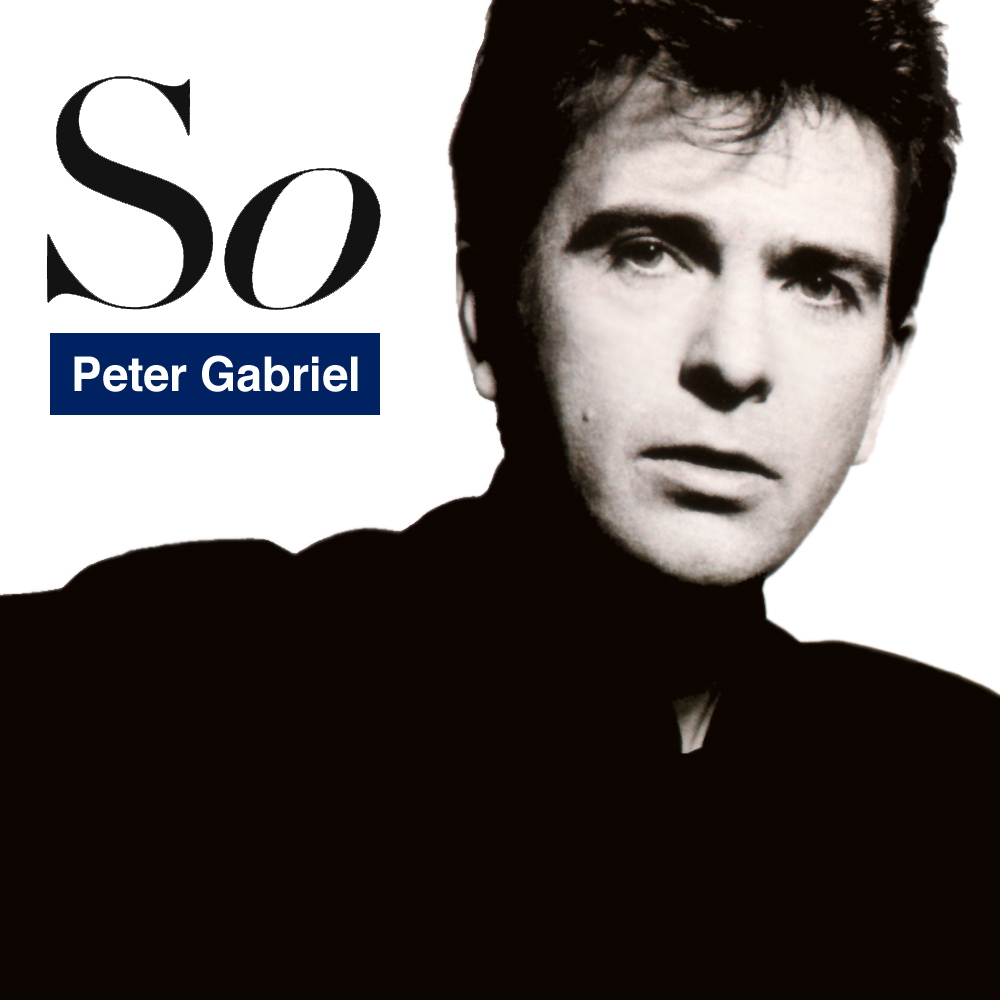There's a recent habit of speech that has rampaged through the culture like a brushfire. It's beginning a sentence with the word 'so'. Of course, we've always done that, but what's distinctive about this is that 'so' is not being used as a conjunction or a connective but as a way of initiating a thought. It marks, if anything, a kind of verbal break; the blunt syllable announces that now I am speaking and I will say what I wish to say and you will listen. It's a piece of percussion in the rhythm of a conversation.
Put another way, this is how we used it before.
'Absolutely not,' says Mrs Winter and slammed the door in his face. So, crestfallen and disheartened, John made the long journey home.
It connects the second sentence to the first. It has something of the meaning of 'therefore' or 'thus'. The same meaning can be heard in a discussion when people build on or challenge other people's ideas: 'so, if we are all in agreement, maybe we can move onto discuss details' 'so, what: we should treat immigrants as second-class citizens maybe??'
But this new use isn't like that at all. This new use starts a wholly new thought.
Q. How was your holiday?
A. So. We get to Heathrow and the flight's delayed but Anna thinks, no problem, we're in no rush, but then...
This kind of 'so' is everywhere. My students use it a lot, but politicians do too.
Q. When can we expect an announcement of the new policy, Minister?
A. So. As you know, we've had a policy unit looking into these proposals for eighteen months...
It seems to have been adopted by a wide age range and all different classes. Men and women use it equally. Pop stars and chat show hosts. What's going on? What does it mean?
It sounds to me like it's meant to sound dynamic. That is, it makes the speaker sound like a busy person with lots of thoughts and projects who uses the 'so' to take a pause and put their thoughts in order. But it also underscores a sense of onrushing thinking. I'm a busy person, I'm going to answer your question quickly so I can get on with my busy life.
What it reminds me of is Tony Blair's 'Look'. It was a thing he adopted, probably on the advice of media handlers, in the 1990s, at the same time as that funny gesture where he loosely clenched his right hand with the thumb forward. He would be asked whether he saw himself as a socialist and he'd say, 'Look - I didn't join the Labour Party to re-fight these old tribal battles...'; he'd be asked whether he'd raise taxes and he'd say 'Look - the public services in this country are one of our national treasures...'; he'd be asked if he regretted anything in his time in office and he'd say 'Look - I don't believe in looking back, dwelling on the past...'. He would sometimes bridge the gap between the 'Look' and the sentence with a cleverly affected stutter, which sounded like he had so many thoughts he was momentarily uncertain which one to go with. Again, it sounded both dynamic and impatient, busy and content-rich.
Blair's 'Look' was a strategy, a piece of media training, that worked very well. (Blair was, for all his faults, a staggeringly good communicator.) It was deliberate. I don't suppose that everyone who uses the 'So' has made a decision to sound impatiently dynamic. In most uses, I hear a sense of performance: what the 'So' does is frame the performance of an answer. It is an abbreviation for 'I have a thing to say about that and it's this'. (Interestingly, when he was Lib Dem leader, Paddy Ashdown's media training led him to answer virtually every question in exactly that way.)
What kind of impulse is at work in this performativity? Something locked into place when reading Anne Cronin's 'Consumerism and "compulsory individuality": women, will and potential' (2000). In it, she talks about the way that the self has become 'an individualised project' (273), whereby one is required to explore one's interior selfhood and to demonstrate it through a series of 'choices'. These choices are somewhat illusory because of the way they must be expressed through acts of consumerism, which require very particular codified notions of self-realization (make-up, for example). Cronin is talking specifically about women's choices, but there is a general point here about the way 'freedom' is not a foundation of action but something constituted for us and imposed on us. We are required to present ourselves as individuals; now, I'm not saying we're not individuals ('we are! we are all individuals!'), but we're not just individuals and, for many of our actions, free will seems to be an inappropriate way of characterising our activity. Sometimes our acts are remarkably undeliberative; often not rational; and sometimes we act as parts of groups, for bad and good. However, compulsory individuality barely acknowledges these things: we have to present our glorious individual selfhood - we have to have our own narratives, our own story arcs - and we are required to present them as evidence of our successful selves.
In other words, 'so' may be a symptom of a kind of compulsory individuality; coloured, in this particular instance, by an increasing celebritization of culture, where people now in ordinary life answer questions as if this is five minutes in a press junket with the film critic from Empire.
So yeah.



![photo[1].jpg](https://images.squarespace-cdn.com/content/v1/513c543ce4b0abff73bc0a82/1362919072201-PZO854G4SEB794DVOEI8/photo%5B1%5D.jpg)
